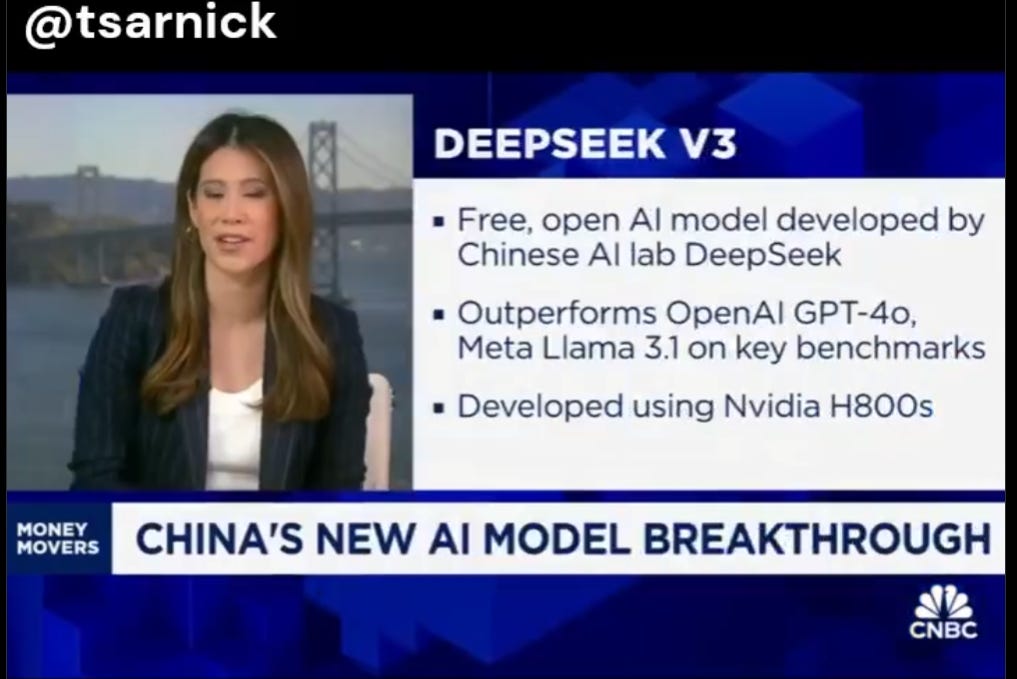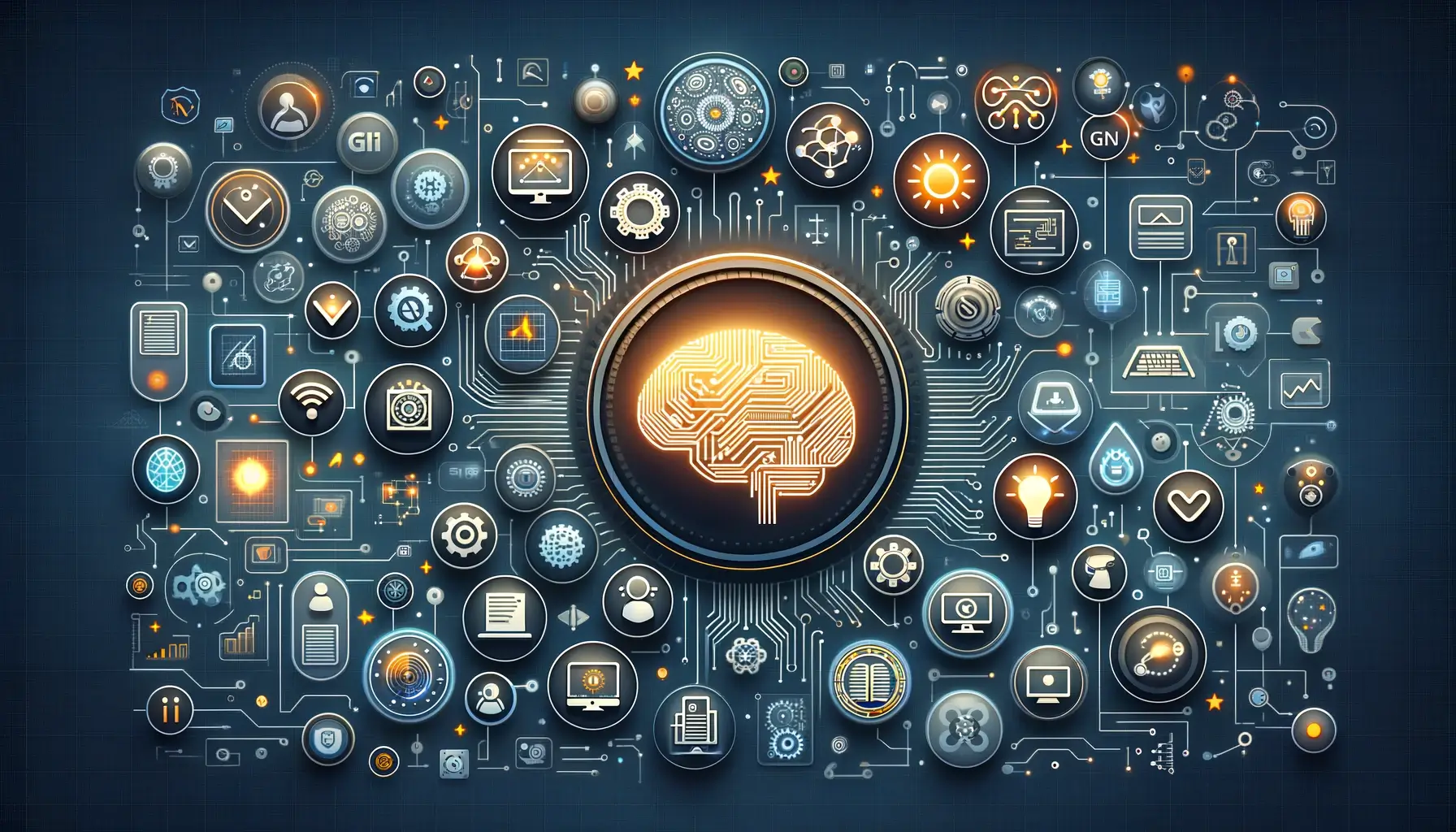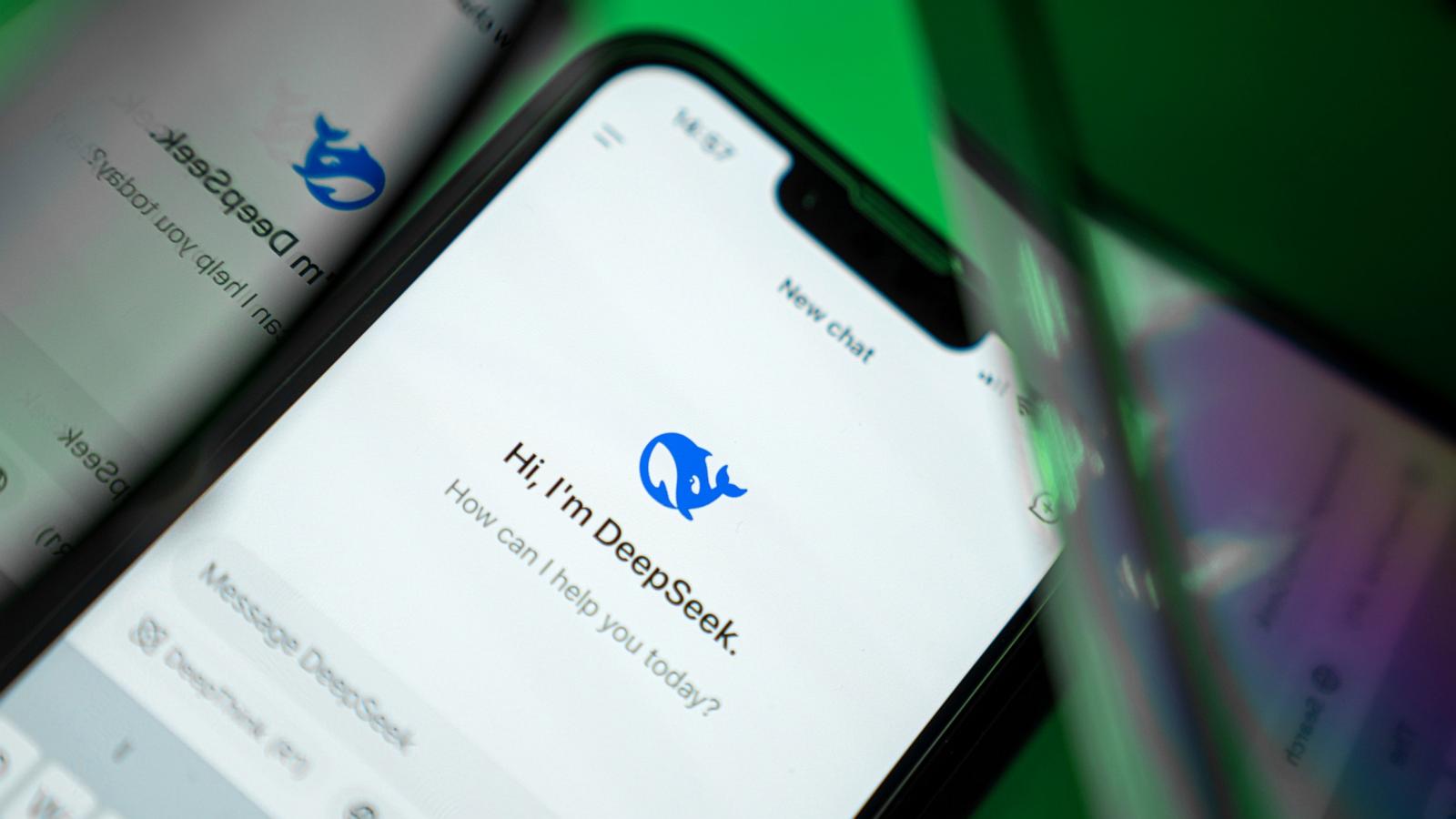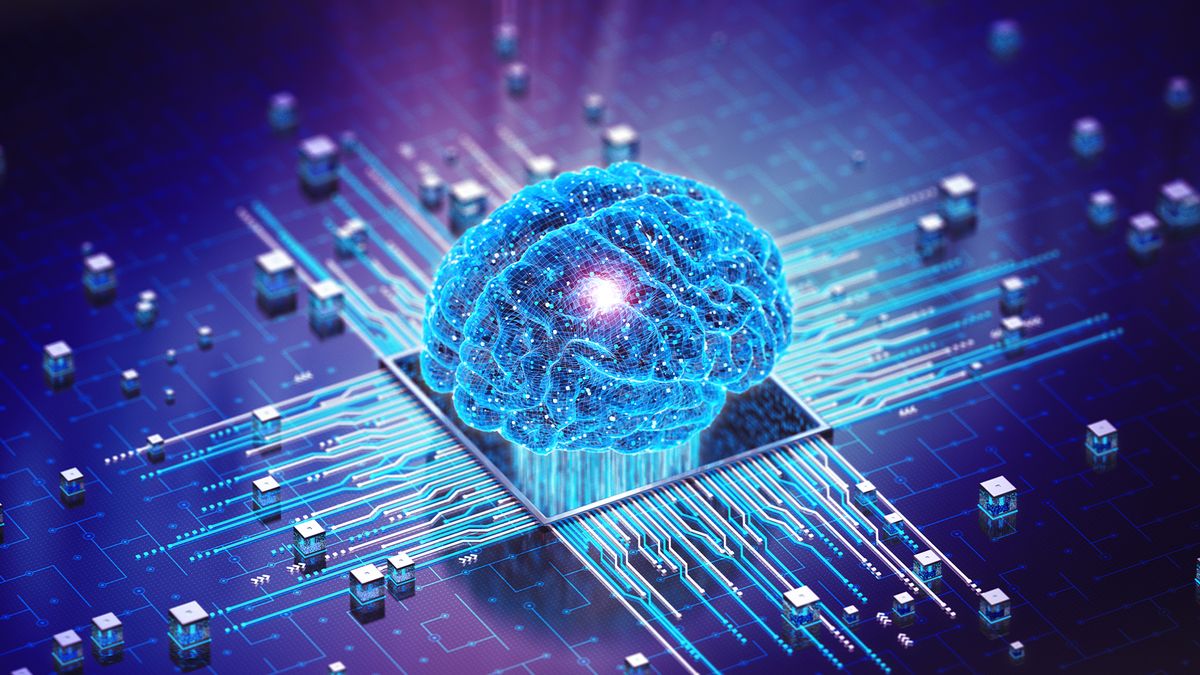
DeepSeep-R1 chatbot, a revolutionary development in the AI world, has actually just recently caused an outcry in both the finance and innovation markets. Created in 2023, this Chinese startup rapidly overtook its competitors, including ChatGPT, and ended up being the # 1 app in AppStore in several countries.
DeepSeek wins users with its low price, being the first advanced AI system offered totally free. Other comparable large language models (LLMs), such as OpenAI o1 and Claude Sonnet, users.atw.hu are currently pre-paid.
According to DeepSeek's developers, the expense of training their model was only $6 million, a revolutionary small amount, compared to its competitors. Additionally, the design was trained utilizing Nvidia H800 chips - a streamlined variation of the H100 NVL graphics accelerator, which is enabled export to China under US restrictions on offering innovative innovations to the PRC. The success of an app developed under conditions of limited resources, as its designers declare, became a "hot topic" for discussion among AI and business professionals. Nevertheless, some cybersecurity experts explain possible risks that DeepSeek may carry within it.

The risk of losing financial investments by big innovation companies is currently among the most important topics. Since the large language design DeepSeek-R1 first became public (January 20th, 2025), its extraordinary success caused the shares of the companies that bought AI advancement to fall.

Charu Chanana, primary investment strategist at Saxo Markets, indicated: "The introduction of China's DeepSeek indicates that competition is heightening, and although it might not present a significant danger now, future rivals will progress faster and challenge the established companies quicker. Earnings this week will be a huge test."
Notably, DeepSeek was launched to public use nearly precisely after the Stargate, which was expected to become "the biggest AI facilities job in history up until now" with over $500 billion in funding was announced by Donald Trump. Such timing might be seen as a deliberate effort to reject the U.S. efforts in the AI innovations field, bytes-the-dust.com not to let Washington get an advantage in the market. Neal Khosla, a creator of Curai Health, which uses AI to enhance the level of medical help, called DeepSeek "ccp [Chinese Communist Party] state psyop + financial warfare to make American AI unprofitable".
Some tech specialists' hesitation about the announced training cost and equipment utilized to develop DeepSeek may support this theory. In this context, some users' accounting of DeepSeek allegedly identifying itself as ChatGPT likewise raises suspicion.
Mike Cook, a scientist at King's College London specializing in AI, discussed the topic: "Obviously, the model is seeing raw responses from ChatGPT at some time, however it's unclear where that is. It could be 'unexpected', but sadly, we have seen circumstances of people directly training their models on the outputs of other models to try and piggyback off their knowledge."

Some experts also discover a connection between the app's founder, Liang Wenfeng, and the Chinese Communist Party. Olexiy Minakov, an expert in communication and AI, shared his worry about the app's fast success in this context: "Nobody reads the regards to use and personal privacy policy, happily downloading an entirely free app (here it is proper to remember the proverb about totally free cheese and a mousetrap). And after that your data is saved and available to the Chinese government as you engage with this app, congratulations"
DeepSeek's personal privacy policy, according to which the users' data is saved on servers in China

The potentially indefinite retention period for users' personal info and uncertain wording relating to information retention for users who have broken the app's regards to use may likewise raise questions. According to its privacy policy, DeepSeek can eliminate info from public gain access to, however keep it for internal investigations.
Another hazard prowling within DeepSeek is the censorship and predisposition of the details it offers.

The app is concealing or providing intentionally incorrect details on some topics, showing the danger that AI technologies developed by authoritarian states may bring, and the influence they could have on the information space.
Despite the havoc that DeepSeek's release caused, some specialists demonstrate uncertainty when discussing the app's success and the possibility of China providing brand-new groundbreaking creations in the AI field soon. For instance, the job of supporting and increasing the algorithms' capacities might be a difficulty if the technological constraints for China are not raised and AI technologies continue to evolve at the same fast lane. Stacy Rasgon, an expert at Bernstein, called the panic around DeepState "overblown". In his viewpoint, the AI market will keep receiving financial investments, and there will still be a need for data chips and data centres.
Overall, the economic and technological changes triggered by DeepSeek may certainly show to be a short-lived phenomenon. Despite its present innovativeness, the app's "success story"still has significant spaces. Not only does it issue the ideology of the app's developers and bphomesteading.com the truthfulness of their "lower resources" development story. It is likewise a concern of whether DeepSeek will prove to be durable in the face of the marketplace's needs, and its ability to keep up and overrun its rivals.








